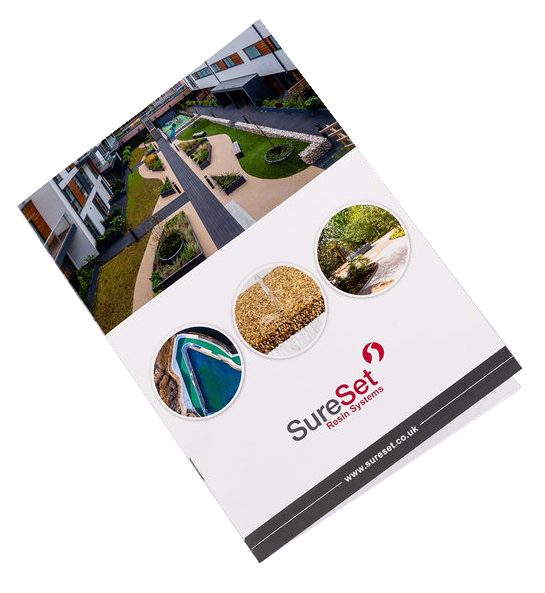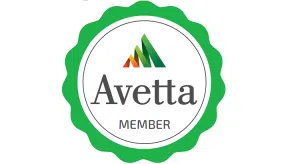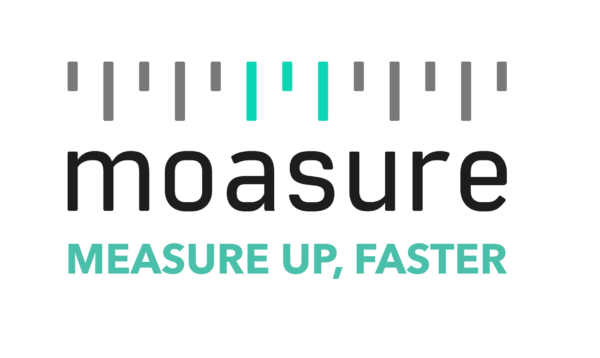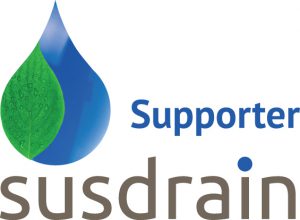
Is Resin Paving Better Than Block Paving?
When it comes to installing a new driveway or improving an existing one, many people find themselves torn between two choices, namely resin paving and block paving. When installed correctly, both products provide a beautiful finish.
However, your choice of product should be based on more than aesthetics. Given the rising cost of living, increasing extreme weather events, and various commitments that demand your time, you need to think about value for money, durability, and ease of maintenance.
In these regards, resin and block paving are two very different products. So, which one should you choose? Find out as we explore resin bound vs block paving.
Resin Bound Vs Block Paving
We need to look at both options from every angle when exploring resin bound paving as an alternative to block paving. While there are a few similarities between the two products, there also are major differences when it comes to maintenance, durability, design and colour possibilities, installation, permeability, sustainability, and safety.
Let’s take a closer look.
Maintenance
On the whole, resin bound paving is easier to maintain than block paving. Most of the time, you won’t need to do more than sweep the surface of your resin driveway. If there’s any stubborn dirt, you can remove it with soapy water (not boiling hot) or household detergents. You can also give your driveway a light pressure wash a couple of times a year.
You won’t need to worry about SureSet resin bound materials discolouring in sunlight, as our resin is UV-stable. Weeds shouldn’t be a problem either if you remove them all before installing resin paving over a suitable base.
Maintaining block paving requires considerably more effort. You’ll need to pressure wash your driveway regularly if you want the paving blocks to retain their natural vibrancy. However, even that’s likely to change over time, as the colour of the blocks will fade after long-term UV exposure. Block paving is susceptible to weed growth in the sand-filled joints. You’ll need to re-sand the joints with kiln-dried sand, and you’ll need to reseal the blocks from time to time.
Durability
When it comes to the durability of resin bound vs block paving, we find that both options are durable. However, resin paving is more durable, generally speaking. When it comes to SureSet, our resin bound paving has a 21-year guarantee.
The honeycomb-like structure of resin-bound paving allows ice to expand laterally through the surface pores, so the bound aggregate won’t crack apart. Our paving products also can withstand extreme heat (unlike the driveways of certain airports during recent heatwaves in the UK). The porous nature of resin paving means you shouldn’t have a problem with pools, puddles, or urban flooding, even if you live in a high rainfall area.
As far as use goes, resin-bound driveways can withstand regular use by light vehicles. If there’s a chance that heavy vehicles will use the driveway, you’ll need to ensure that the paving is laid at a suitable depth.
Block paving can be susceptible to freeze-thaw damage, which could lead to the blocks cracking. You can decrease the chances of this happening by sealing the driveway with a waterproof sealant. While some types of paving blocks are porous, standard blocks are impermeable, which could lead to puddles and flooding. You’ll need to ensure that block paving is laid correctly to prevent cracking and sinking caused by regular use by light and/or heavy vehicles.
Design and Colour Possibilities
The design and colour possibilities of resin paving are among the reasons it’s a good alternative to block paving.
At SureSet, we use natural quarried stones and recycled materials mixed with resin to create a product that offers a modern and seamless finish that works beautifully with most house styles. The array of colours, materials, and textures available means you can incorporate unique designs into your driveway. You also have the option of creating a unique mix of aggregates to showcase your own style.
Block paving is available in a more limited range of colours, and the shape of the blocks means you’re limited in paving patterns. The look’s a classic one that doesn’t offer you much by way of personal creativity.
Installation Processes
Resin paving and block paving driveways should be installed by a team of trained professionals. Installing either option incorrectly could lead to problems in the future. Fixing those problems will cost you time and money.
That said, you can install a resin bound paving driveway yourself, thanks to SureSet’s DIY kits. You’ll need to ensure that you prepare the area properly beforehand and that you lay the aggregate-resin mix in one, as it must not be allowed to dry out before you complete the installation.
Installing a block paving driveway by yourself is not recommended. Without meticulous preparation, there’s a risk that the paving blocks will sink or shift with use over time, causing an uneven surface and gaps between the blocks.
Cost Differences
When it comes to resin driveway cost vs block paving driveway cost, the two are similar at first glance. However, there are a variety of other factors that can significantly increase the cost of the latter.
The cost of resin paving starts at approximately £80 per sqm, although that cost can vary, depending on your choice of aggregate, overall coverage, haulage, and labour (if you’re using an approved installer). The basic cost of block paving varies between £70 and £120 per sqm. Again, the overall cost depends on your choice of paving blocks, the size of the project, and whether you hire an installation team.
Permeability
Permeability is an important consideration for resin bound vs block paving. Apart from playing a role in combating urban flooding, permeability determines whether the paving option is SUDS compliant and whether you need to obtain planning permission for your driveway.
SureSet resin bound paving is fully permeable, so you shouldn’t have any issues with surface water, drainage, and flooding if the paving is installed over a permeable sub-base. If you’re installing it over an impermeable base, you’ll need to incorporate draining solutions into your driveway.
Some types of block paving are semi-porous, which means some water will drain away easily, although you may still see puddles form in heavy rain. If you use impermeable paving, you will need to obtain planning permission.
Sustainability
While both resin paving and block paving check various boxes in terms of sustainability, the former is the better option.
Permeable resin-bound paving contributes to managing surface water, helps prevent weeds, reduces puddles and water pollution, uses mostly naturally sourced and recycled materials, and doesn’t require regular replacement. Our paving products also can extend the life of old concrete or asphalt driveways when those surfaces are used as a base for our resin paving.
If made from naturally sourced stone, block paving is sustainable. It’s even more sustainable if those blocks are permeable or semi-porous. However, paving blocks made from concrete are significantly less sustainable, given the environmental effects of the concrete production process.
Safety
Safety is another important consideration with resin bound vs block paving.
Thanks to the lack of loose stones and chippings, and the anti-slip surface it offers, resin paving is a great option for elderly people, families with small children, individuals with disability or mobility issues, and anyone who needs more safety and stability in outside areas. Resin-bound paving is a good choice for steep driveways too.
Block paving, on the other hand, can be susceptible to algae, moss, and weed growth. This combined with a surface that may not offer as much traction as resin-bound paving, could constitute a slipping hazard. If not installed correctly, paving blocks could form gaps or rise or sink to create an uneven surface full of tripping hazards.
All things considered, SureSet permeable resin bound paving is an excellent alternative to block paving. Contact us today for more information.
Enquire








